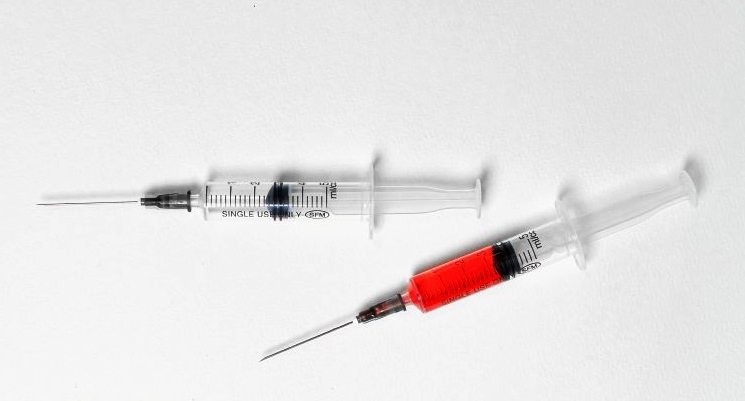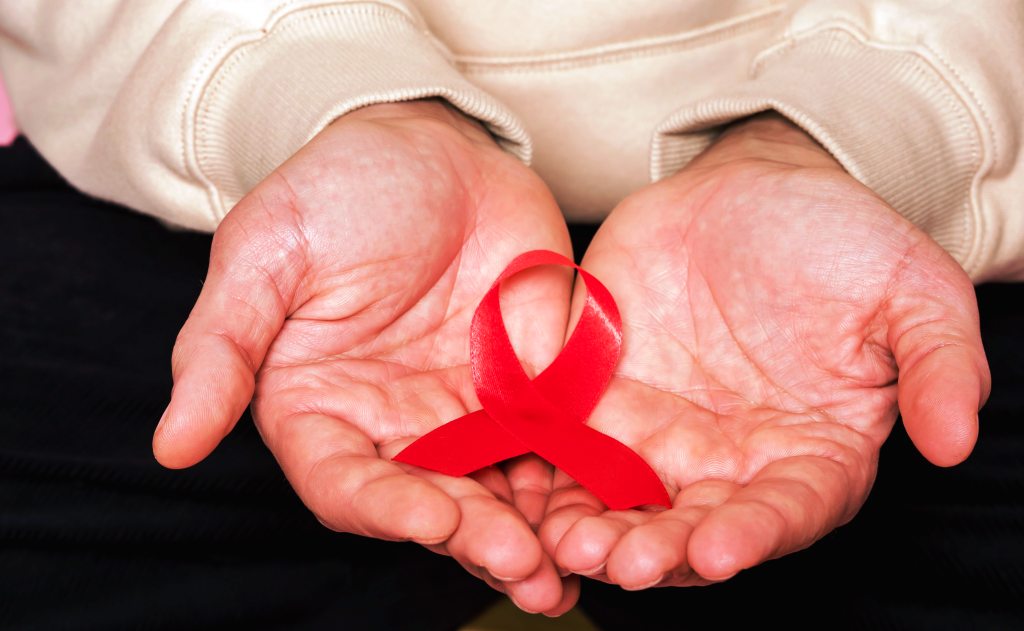World AIDS Day is observed every year on 1st December across the globe. The purpose is to show support for people living with and affected by Human Immunodeficiency Virus or HIV and to remember those who have lost their lives to Acquired Immune Deficiency Syndrome or AIDS.
However, the picture is still scary with one person dying from AIDS every minute. Sharing this information on Twitter, UN Secretary-General António Guterres wrote, “The world has promised to end AIDS by 2030 – but we are off track. 1.5 million people acquired HIV last year. This #WorldAIDSDay & beyond, let’s unite to end the inequalities that are blocking progress.”
On World AIDS Day, Dr Dipalok Bandyopadhyay, a Psychologist based in Bardhaman, West Bengal opens up to The CSR Journal talking about how HIV impacts the mental health of a person, the stigma attached to HIV and AIDS and how is the picture gradually changing with increased awareness. He also busts myths associated with HIV and AIDS.
Impact on mental health

“Just like a cancer patient, when a person learns that he/she has been detected with HIV, their entire world crumbles. They start thinking everything is finished and now I’m going to die. They tend to cut off from friends and family, distance themselves from neighbours and go into a social isolation. Anxiety and depression are the most common problems with HIV patients, which if not cured, even lead to suicide. That’s a major reason why counseling is extremely important for an HIV positive person and sometimes, if required, even medication is given to help the person heal. Even though the necessity of medication depends from person to person, but counseling is a must for them,” Dr Bandyopadhyay told The CSR Journal.
“Associations working for HIV positive people do a good job in a way that they connect HIV positive people, who boost each other mentally,” he added.
How HIV is transmitted
“HIV spreads mostly through sexual transmission or injection needles. But, detection does not happen very quickly especially in the early stage. However, there are certain things you can be alert about. For example, a feeling of fatigues, weakness, sudden weight loss, and deterioration of overall health, fever refusing to subside or a wound is not easily healing,” the doctor informed.

Why early detection doesn’t happen
“Every person whose fever is not subsiding or wound is not healing; we cannot suspect them to be HIV positive. The chances are higher for sex workers and homosexual people. The major problem, especially in our country, is the stigma attached to HIV and AIDS, as a result of which, patients refuse to divulge their history. This problem is much higher in our country as compared to western countries. People also refuse to get a test done for detection when we ask them to. While late detection makes the treatment difficult, modern medicine has advanced to a level with which the virus can be kept under control,” he expressed.
HIV+ people are also at risk of
People having HIV infection are also at risk of getting Hepatitis B, Hypertension and type 2 Diabetes. With HIV weakening a person’s immunity system, it makes them susceptible to Tuberculosis, informed the doctor.
Social stigma
“At least till 30-40 years ago, we have seen how HIV positive people were treated as untouchables by their friends, classmates or colleagues,” recalled the doctor. However, the picture is changing, even though gradually, and awareness is increasing, he feels.
“For example, sex workers have started using protection because they are being made aware about the risks of unprotected intercourse. Awareness is also increasing among youngsters, especially in urban areas. However, the picture is slightly different in the rural areas. Youngsters who go to other states of India or even outside the country as migrant workers, often come back with HIV, which mostly gets transmitted to their wives. A pregnant woman’s health largely impacts her baby in the womb, putting the child at a risk of getting HIV. But this is not always the case. An HIV positive mother can also give birth to an HIV negative baby,” Dr Bandyopadhyay said.



